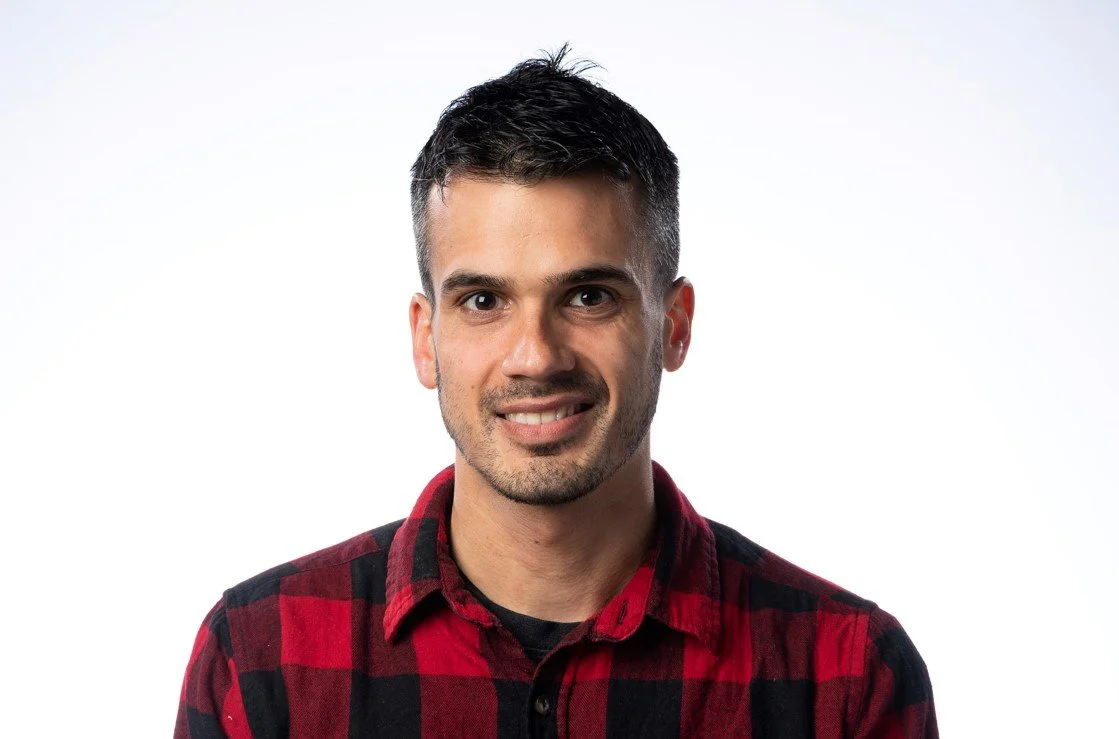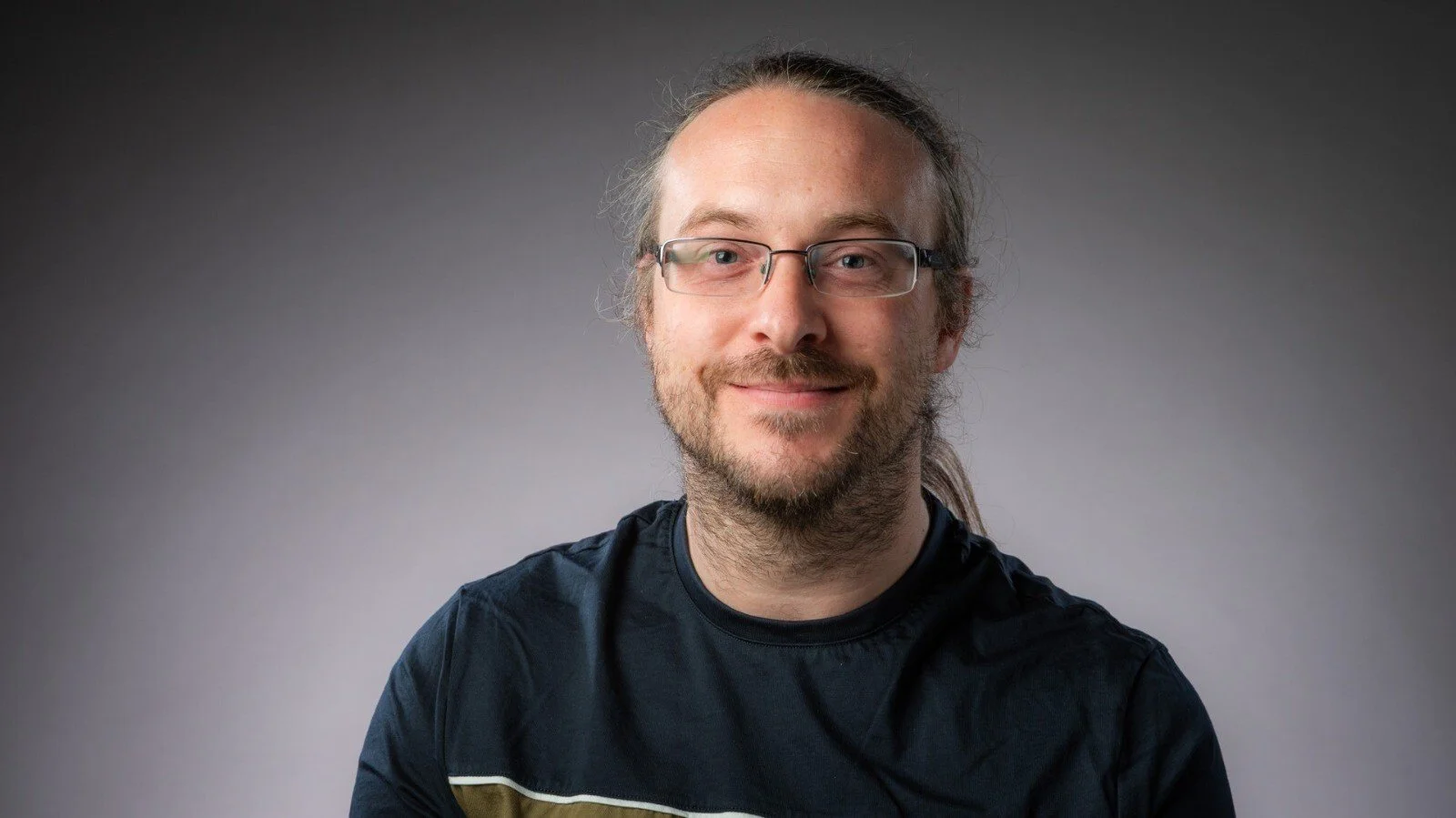About Us
The British Zeolite Association was founded in 1977 to provide a forum where zeolite scientists could meet to review and share their latest findings. Today, the (ordered) nanoporous materials community in the UK numbers several hundred active research scientists and engineers, from both industry and the academic sector, who reflect the great variety of applications of micro- and mesoporous materials, from catalysis and petrochemical processing to chemical separations, detergents, and environmental clean-up.
The Committee
-
![Dr Alessandro Turrina]()
Dr Alessandro Turrina
Johnson Matthey, UK
CHAIR
Alessandro is the R&D manager for zeolites at Johnson Matthey Technology Centre. He received his PhD from University of St Andrews part founded by Johnson Matthey on synthesis and characterisation of zeolites. He joined Johnson Matthey in 2015. His expertise spreads from synthesis, optimisation and scale-up to manufacturing of zeolites, to advanced characterisation and molecular modelling. He holds more than 20 patents covering the synthesis of new zeolite structures and compositions, new mixed oxides and their applications for both Diesel and Gasoline emission control catalyst solutions. He is also co-author of more than 20 scientific publications, including 4 book chapters.
-
![Dr Russell Taylor]()
Dr Russell Taylor
Durham University, UK
TREASURER
Russell’s early research experience is routed in inorganic chemistry; organometallic chemistry of gallium (MChem project, University of Oxford) and platinum mediated, homogeneous methane oxidation (PhD, Imperial College London). Russell joined BP Chemicals (Hull) in 2008 and initially worked on homogeneous catalysis before moving onto zeolite-based catalysts for C1 conversion. In September 2015, he took up a position as Assistant Professor at Durham University. Research in the Taylor group is focussed on discovering new processes for the manufacture of chemicals and fuels from fossil and renewable feedstocks using zeolite catalysts. In 2018 he was awarded an EPSRC Manufacturing Fellowship.
-
![Dr Alexander O'Malley]()
Dr Alexander O'Malley
University of Bath, UK
SECRETARY
Alex received his PhD in 2016 from University College London part sponsored by the ISIS Neutron Source and based at the UK Catalysis Hub, studying hydrocarbon dynamics in microporous catalysts. He carried out post-Doctoral research at Cardiff University studying biomass conversion by zeolite catalysts, and in 2017 began a Ramsay Memorial Fellowship. In 2018 he began a Whorrod Fellowship in Sustainable Chemical Technologies at University of Bath where he is now Lecturer/Assistant Professor. His research has employed neutron scattering and molecular modelling to study molecular behaviour in porous materials for the purposes of catalysis, drug delivery and decontamination technologies.
-
![Dr Ruxandra Chitac]()
Dr Ruxandra Chitac
Orbital Materials, USA
WEB CHAMPION
From tackling intergrowths and disordered materials to developing novel synthesis strategies, Ruxy's research has centered on unraveling synthesis-structure-property relationships in zeolites and related materials. After completing her PhD in 2023, Ruxy joined Orbital Materials as a postdoc at the University of St Andrews, eventually taking on the role of Inorganic Chemistry Lead in their new US labs. These roles reflect her passion for merging experimental and computational approaches to push the boundaries of materials science. The AI revolution offers transformative potential for zeolite science, and Ruxy is excited to be at the forefront, leveraging cutting-edge techniques to innovate.
-
![Dr Darren Broom]()
Dr Darren Broom
Hiden Isochema, UK
General Member
Darren is Product Manager for Hiden Isochema, a UK-based manufacturer of gas and vapour sorption instruments. He first encountered zeolites in 1997, during his MSc project, when he tried to locate the positions of water molecules adsorbed in Na-Y zeolite using neutron powder diffraction data. Unfortunately, disorder got the better of him. Ten years later, following a PhD at the University of Salford and a 3 year postdoc in The Netherlands, he worked on them again in the context of hydrogen storage, presenting work at the 2007 International Zeolite Conference (IZC) in Beijing. More recently, he has found zeolites invaluable for validating gas adsorption measurements, which fits nicely with his broader research interests in characterizing adsorbents for gas storage and separation.
-
![Dr Inés Lezcano-Gonzalez]()
Dr Inés Lezcano-Gonzalez
University of Manchester, UK
General Member
Inés completed her PhD at the Institute of Chemical Technology (ITQ) in Valencia, Spain, and then undertook a postdoctoral stay at Utrecht University, The Netherlands. She is currently a Senior Research Associate at UCL Chemistry, working on the application of in situ and operando methods for the study of reaction mechanisms and the characterisation of solid catalysts, with a particular focus on zeolites. Inés’ work includes the development and application advanced X-ray and laser techniques for catalysis research, involving collaborations with Diamond Light Source and the Central Laser Facility. Starting December 2024, she will join the University of Manchester as a Dame Kathleen Ollerenshaw Fellow.
-
![]()
Dr Matt Potter
University of Bath, UK
General MemberMatt earned his PhD in 2014 from the University of Southampton, where he designed bifunctional zeotype catalysts. He has since held postdoctoral positions at the Georgia Institute of Technology (USA), investigating amine-based sorbents for CO₂ capture; at the University of Southampton (UK), developing photochemical reactors from photonic devices and studying active site design for nanocatalysts as part of the TotalEnergies Consortium; and at UCL (UK), within the UK Catalysis Hub, exploring CO₂ hydrogenation mechanisms using operando synchrotron techniques. In September 2023, he joined the University of Bath as a Prize Fellow and is now a Lecturer in Inorganic Chemistry. His current research focuses on designing porous materials for CO₂ capture and heterogeneous catalysis for sustainable applications and on probing their behaviour using in situ and operando neutron and X-ray techniques.
-
![Missing Bio Image]()
-
![]()









